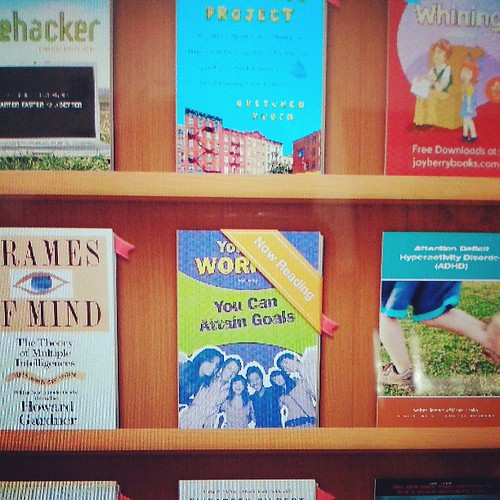My parents probably warned me about sharing too much, back in the day when the digital tools and gadgets were still seen by many through movies that feature space travel, James Bond or other spy movies.I know because I don’t always give my home address to anyone wanting to write me a letter.
These days, it is my turn to warn my children about protecting their privacy especially what they share online. What I tell them:
- don’t give the name of your school
- don’t give the name of your parents
- don’t give out our telephone number
- don’t give your email address
- don’t give our home address nor post photos with a home sign
I also tweaked the privacy settings in their FB accounts so that no one can write on their walls, see photos they were tagged with and hid all other pertinent information. There are FB contacts who can’t see photos and status updates they are not supposed to see. I did this with my FB account too.
So, I think we’re safe. Apparently we are NOT SAFE.
According to this article, The Dangers of Sharing, author Lori Andrews said “Your right to control is currently being diluted by the sheer number of things you have to do to exercise it,”
Do we put out our email addresses in the open to be able to qualify to win a bottle of lotion being raffled off in a Facebook product page?
Do we open up our Facebook private walls to make a status update for “EVERYONE” just so we can win a shirt?
Nick Bilton, a New York Times San Francisco-based columnist and blogger wrote:
“As users of these sites and apps, we have no idea the type of information we are trading for ‘free’ access.”
“It’s one thing for a service to tell me that it plans to read my e-mails, sift through my address book, or look in my underwear drawer — then it is my responsibility to decide if I want to use the service — but it’s entirely different for these company’s to do so at will.
“Sure, I want LinkedIn, Facebook and other services to offer a better experience, but I want to know what they are doing with my personal information, this way, I can choose to enter with caution, knowing the potential consequences, or try to find an alternative service that is more transparent.”
How often have you read what a free app takes away from you as you download this on your phone? If an app says it will remove or delete data in my SD card, read my sms and email, then I won’t have it in my phone, even if I really like the app.

